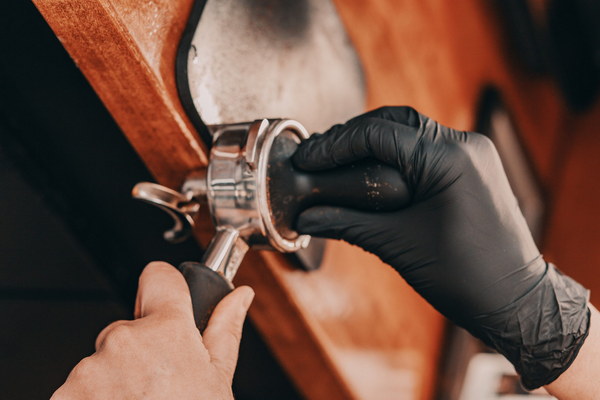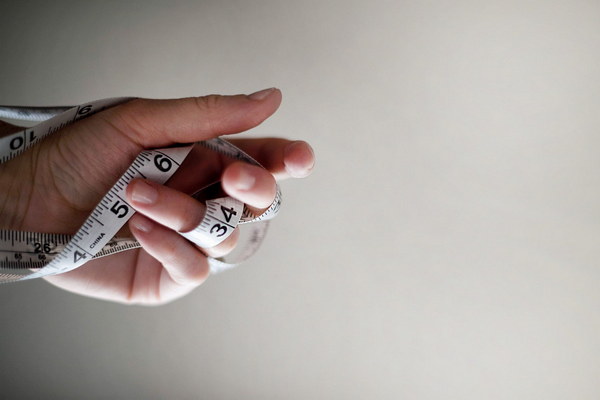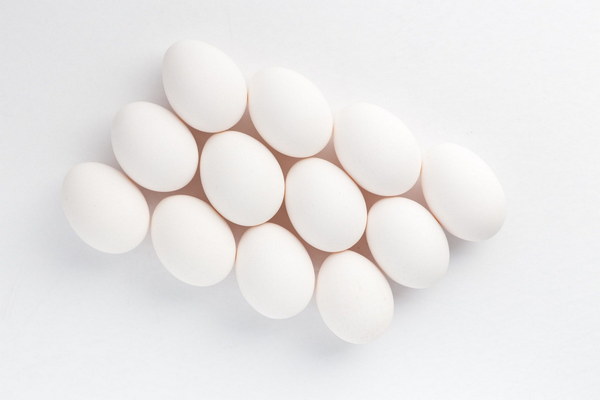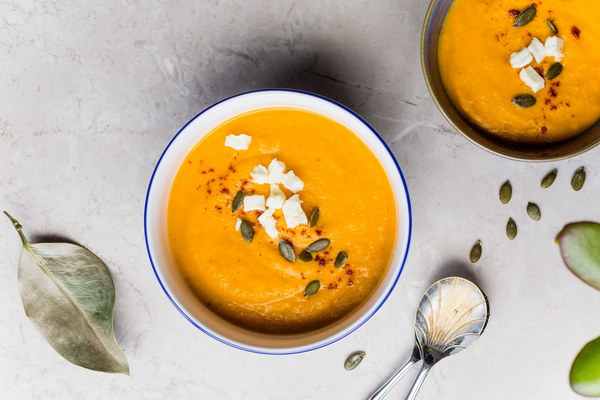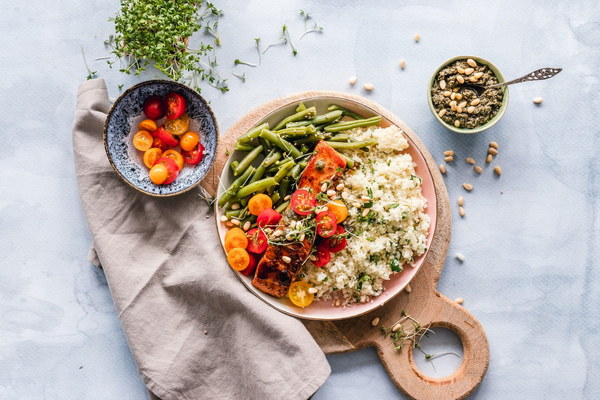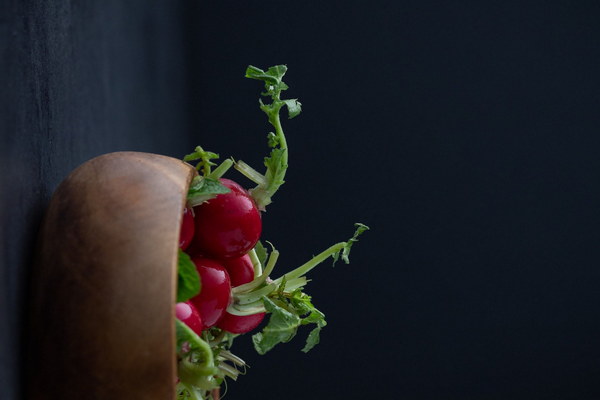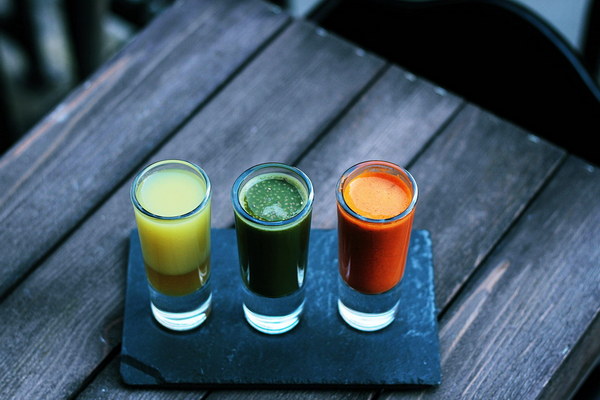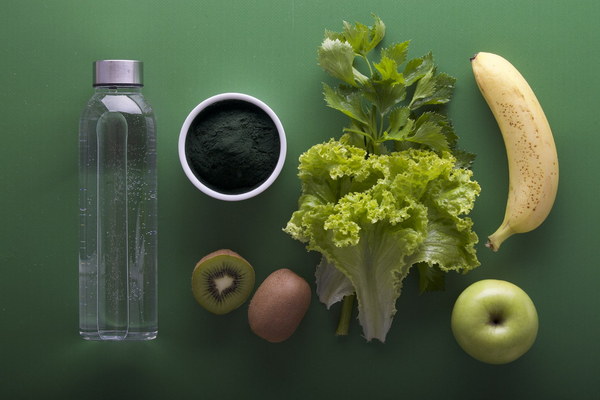Post-Surgery Nourishing Qi and Blood for a Swift Recovery
After undergoing surgery, the body often enters a state of weakness and vulnerability. The process of healing involves not only physical restoration but also the replenishment of vital energy and blood. This article delves into the importance of nourishing Qi and blood post-surgery and provides practical tips to facilitate a swift recovery.
I. Understanding Qi and Blood in Traditional Chinese Medicine (TCM)
In Traditional Chinese Medicine, Qi (vital energy) and blood are fundamental to the body's overall health and well-being. Qi is the life force that animates the body and maintains its balance. Blood, on the other hand, provides nourishment to the tissues and organs, ensuring their proper functioning.
After surgery, the body's Qi and blood may be depleted due to the stress of the procedure, resulting in fatigue, weakness, and a slower healing process. Therefore, it is crucial to focus on replenishing these vital elements to promote a comprehensive recovery.
II. Importance of Nourishing Qi and Blood Post-Surgery
1. Enhanced healing process: A sufficient supply of Qi and blood aids in the repair of damaged tissues and the regeneration of cells, thereby speeding up the healing process.

2. Improved energy levels: Replenishing Qi and blood can help restore energy levels, reducing fatigue and weakness post-surgery.
3. Enhanced immune system: A robust Qi and blood supply supports the immune system, making the body more resistant to infections and other complications.
4. Improved mental well-being: Nourishing Qi and blood can help alleviate post-surgery anxiety and depression, promoting a positive mindset during the recovery period.
III. Practical Tips for Nourishing Qi and Blood Post-Surgery
1. Dietary adjustments:
a. Consume a balanced diet rich in nutrients such as vitamins, minerals, and proteins.
b. Include foods that are known to boost Qi and blood, such as:
- Red meat, fish, and poultry
- Nuts, seeds, and legumes
- Fruits and vegetables, especially those rich in iron, vitamin C, and vitamin B12
- Dark leafy greens, such as spinach and kale, which are high in iron and calcium
2. Herbal remedies:
a. Consult with a TCM practitioner to determine the appropriate herbal formulas for your condition.
b. Common herbs used to nourish Qi and blood include:
- Astragalus (Huang Qi)
- Codonopsis (Dang Shen)
- Licorice (Gan Cao)
- Goji berries (Gou Qi Zi)
3. Acupuncture and massage therapy:
a. Acupuncture can help stimulate the body's natural Qi and blood flow, promoting healing.
b. Massage therapy can alleviate muscle tension, improve circulation, and reduce pain.
4. Adequate rest and stress management:
a. Ensure you get enough sleep to support the body's healing process.
b. Engage in stress-reducing activities such as yoga, meditation, or deep breathing exercises.
5. Regular exercise:
a. Start with gentle exercises, such as walking or light stretching, to improve circulation and boost your immune system.
b. Consult with your healthcare provider before starting any exercise regimen.
IV. Conclusion
Nourishing Qi and blood post-surgery is vital for a comprehensive recovery. By following these practical tips and working closely with healthcare professionals, you can help your body regain its strength and vitality. Remember that patience and persistence are key to a successful healing journey.
